🎬 The King’s Speech (2010)
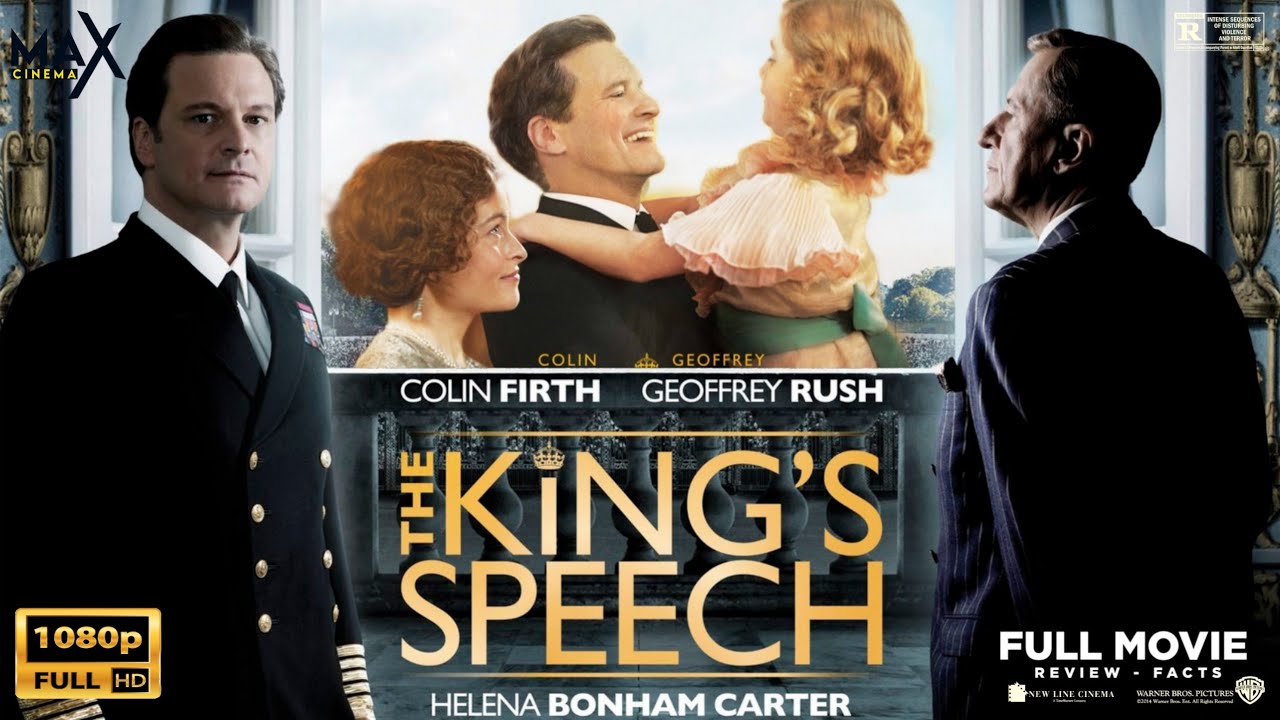
🎬 The King’s Speech (2010): A Journey of Courage and Overcoming Adversity
The King’s Speech, directed by Tom Hooper, is an inspiring historical drama that tells the remarkable true story of King George VI (Colin Firth) and his struggle to overcome a debilitating speech impediment in the years leading up to World War II. The film beautifully captures the personal and political challenges faced by the reluctant monarch as he seeks to find his voice in a time of great uncertainty. 🇬🇧👑
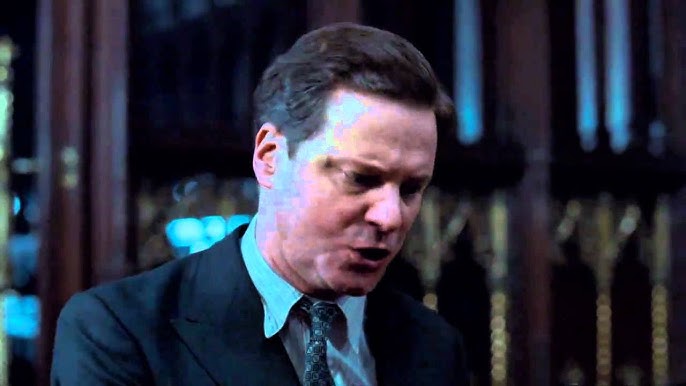
At the heart of the film is the relationship between King George VI, affectionately known as “Bertie,” and his unorthodox speech therapist, Lionel Logue (Geoffrey Rush). Despite their different social standings—one a king, the other an Australian commoner—their bond deepens as they work together to confront Bertie’s speech difficulties. Lionel’s unconventional methods and genuine empathy create a supportive environment, allowing Bertie to confront his fears and insecurities in a way that traditional methods have failed to achieve. 🤝🎤
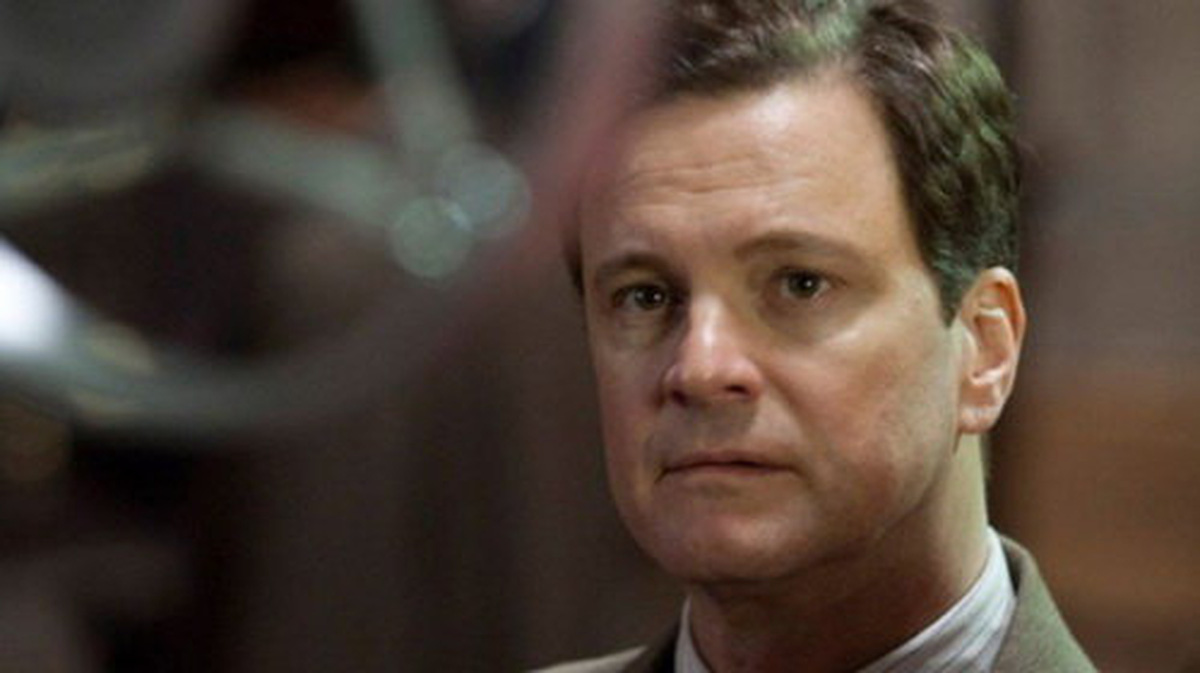
The film unfolds against the backdrop of a nation on the brink of war, adding layers of tension to Bertie’s journey. As he prepares for his first public address to the nation, the stakes become increasingly high. The narrative deftly intertwines personal struggles with the broader historical context, highlighting the role of leadership during tumultuous times. The pressure on Bertie to perform flawlessly is palpable, and viewers witness his emotional turmoil as he grapples with the weight of his responsibilities. 🌍⚔️
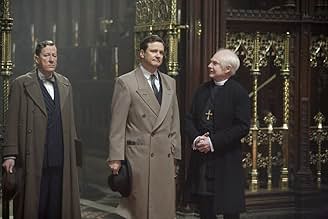
Colin Firth’s portrayal of King George VI is nothing short of extraordinary. He captures the character’s vulnerability and determination, showcasing a man who, despite his royal status, faces profound self-doubt. Firth’s performance earned him the Academy Award for Best Actor, and his nuanced portrayal resonates with anyone who has ever struggled to find their voice. Geoffrey Rush delivers a captivating performance as Lionel Logue, infusing the role with warmth, humor, and insight. Their on-screen chemistry elevates the film, creating moments of both tension and levity that make their journey feel authentic and relatable. 🎭🌟
The film’s direction and cinematography enhance the emotional weight of the story, with Hooper employing close-ups and atmospheric lighting to emphasize the characters’ internal struggles. The score, composed by Alexandre Desplat, complements the narrative’s emotional beats, guiding viewers through moments of despair, hope, and triumph. The combination of visual storytelling and music creates a powerful cinematic experience that lingers long after the credits roll. 🎶📽️
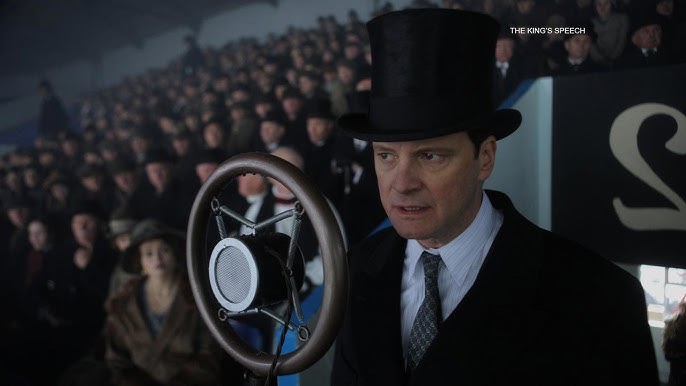
The King’s Speech was met with critical acclaim, receiving numerous accolades, including four Academy Awards, one of which was for Best Picture. Its poignant exploration of overcoming personal obstacles and finding one’s voice resonates universally, making it a timeless story of courage and resilience.
In conclusion, The King’s Speech is a beautifully crafted film that celebrates the power of friendship, perseverance, and the human spirit. It serves as a reminder that even the most daunting challenges can be overcome with determination and support, leaving audiences inspired by the triumph of the human will. The film’s legacy endures as a poignant tribute to the importance of communication and the courage it takes to face one’s fears head-on.











